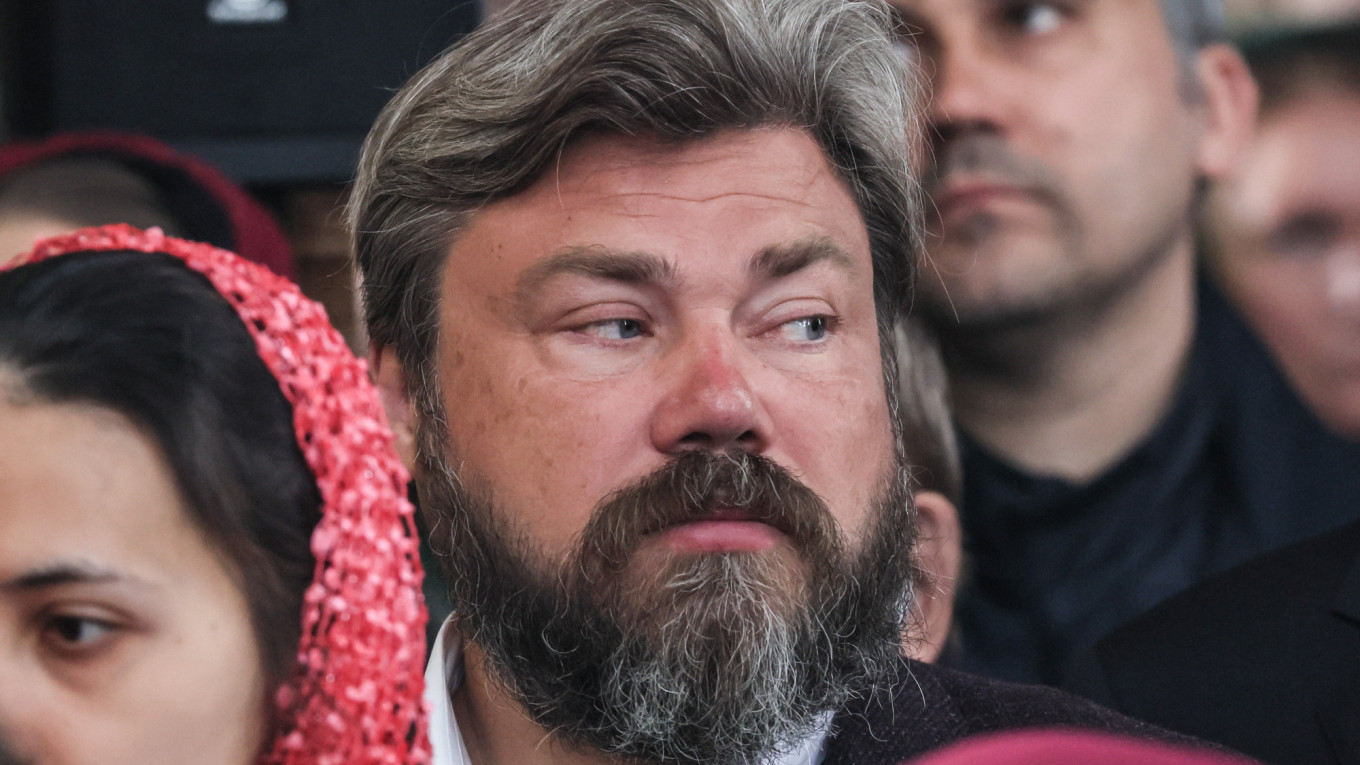November 30, 2022 4:27 PM EST
Updated a year ago
NEW YORK, Nov 30 (Reuters) – Prosecutors on Wednesday moved to confiscate $5.4 million from a U.S. bank account belonging to Russian businessman Konstantin Malofeyev, who Washington has accused of financing separatists in eastern Ukraine and Crimea and imposed sanctions on him.
Federal prosecutors in New York said in court papers they were entitled to the money because Malofeyev sought to transfer it to a business partner, in violation of U.S. sanctions.
The civil forfeiture complaint marks the latest push by the U.S. government to seize control of wealthy Russians’ assets, as it pressures Moscow to halt its invasion of Ukraine.
It also illustrates the tactics that U.S. authorities say individuals sometimes use to try to move funds out of reach.
Malofeyev could not be reached for comment, and is believed to be at large in Russia. He has denied funding separatists. Moscow calls its activities in Ukraine a “special military operation.”
According to Wednesday’s complaint, Malofeyev in March 2014 used a Seychelles shell company to invest $10 million in shares in a Texas bank, Strategic Growth Bancorp.
Prosecutors said he sold the shell company the next year for $1 to an unnamed Greek business partner but that the sale agreement was backdated to July 2014, before sanctions were imposed.
According to the complaint, the Texas bank continued to recognize Malofeyev as the owner of the shares and flagged the attempted transfer to the U.S. Treasury Department.
Prosecutors said Malofeyev’s shares were converted into cash and deposited into a blocked account when Strategic merged with Denver-based Sunflower Bank in 2016.
Sunflower Bank said in a June statement related to the case that it is “proud to partner with law enforcement.” Neither Strategic Growth Bancorp nor Sunflower Bank have been accused of wrongdoing.
Since launching its KleptoCapture task force in March, the U.S. Department of Justice has won warrants to seize yachts and planes owned by people it suspects of enabling Russian President Vladimir Putin’s invasion.
Prosecutors have also charged several Russians and various U.S. and Europe-based associates with sanctions violations.
Malofeyev himself was charged in March with evading sanctions and using co-conspirators to secretly acquire media organizations across Europe.



